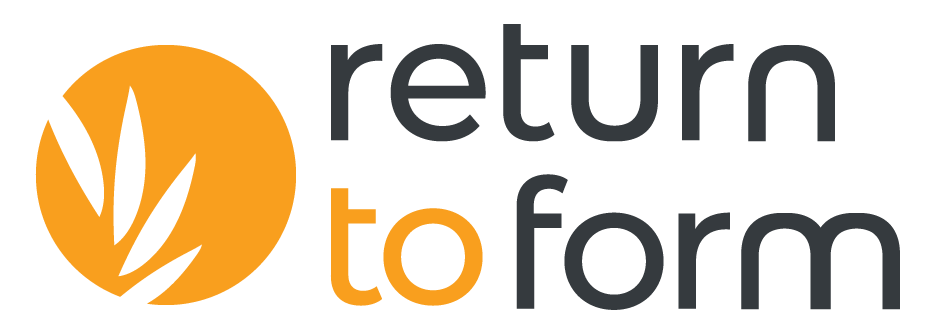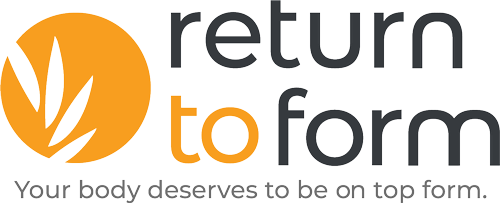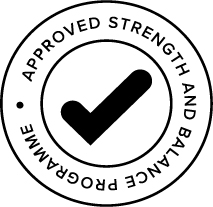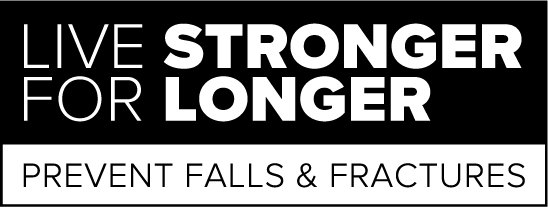
What counts as exercise?
What counts as exercise?
In our last post we discussed why it’s important to exercise. If you missed it, click here to learn more.
But what counts as exercise? If you’re not already in a routine with exercise, it can be really hard to incorporate it into your busy life. The good news is that exercise comes in many forms and we’re here to offer some hints and tips to make it easier to fit in!
Week to week you should include a combination of strengthening exercises and cardiovascular exercise.
Cardiovascular (or aerobic) exercise:
This is the type of exercise where you will be getting out of breath! This can be either moderate or vigorous and will help with your heart health, lung capacity and circulation. Examples of aerobic exercise include walking (briskly), running, aerobics exercise classes, swimming, tennis or team sports such as rugby or soccer.
Strengthening exercise:
This is exercise that helps strengthen our muscles and bones. As discussed in our last blog post, this helps with weight management, regulates insulin levels and helps control your blood pressure, making it a useful tool to help manage and prevent many long term conditions.
Strengthening exercise should be something that is relatively difficult, for a short space of time for example yoga tai chi or pilates, lifting weights, using resistance bands or equipment or body weight exercises such as squats, press ups, sit ups.
Your muscles need to be “overloaded” to get stronger. This means that your muscles should feel tired and you should incorporate rest times into the routine for the muscles to rest and recover. This would look like doing 10 squats, then having a rest for 30 seconds and then doing another 2 sets of 10 squats with a 30 second rest in between. The last 2 or 3 repetitions of each set should feel hard to do. The harder or heavier the exercises the less repetitions you need to do and longer rest you need in between sets.
It is normal after working your strengthening exercises to feel like your muscles are sore or achy for a couple of days after, this should settle down after a few days. Making sure you are eating a healthy balanced diet and getting plenty of sleep will help with your recovery and reduce the risk of injury.
Moderate vs vigorous exercise:
Moderate exercise is exercise that will increase your heart rate, make you feel warmer and slightly out of breath but you will still be able to hold a full conversation. Vigorous exercise increases your heart rate and breathing rate even more, with this type of exercise you will struggle to say more than a few words without taking a breath. It is recommended that you complete a total of 150 minutes of moderate exercise or 75 minutes of vigorous exercise per week.
Examples of moderate exercise include walking, cycling (on level ground!), swimming, yoga and pilates. You can also include activities like pushing a lawn mower, gardening and painting and decorating. Your normal day to day activities such as cooking and cleaning won’t count as moderate exercise as they aren’t enough to increase your heart rate or breathing rate. This means you won’t get the benefits you would doing something slightly more strenuous.
Vigorous exercise includes activities like running, cycling (at a fast pace or on an incline), tennis, playing a team sport such as rugby or soccer and high intensity exercise classes.

Remember everyones level of fitness is different so what might be moderate for some, may be vigorous for others. Your exercise routine can consist of all moderate level exercise, all vigorous or a mixture of both. Find a combination that suits you and you enjoy!
Sam
References:
https://www.nhsinform.scot/healthy-living/keeping-active/getting-started/types-of-exercise
You’re In Good Hands
Our ACC acupuncture experts are some of the best in our field! Our clinic is multi-disciplinary, so we are specially equipped to find you the perfect solution for your needs.

Your body deserves to be on Top Form





